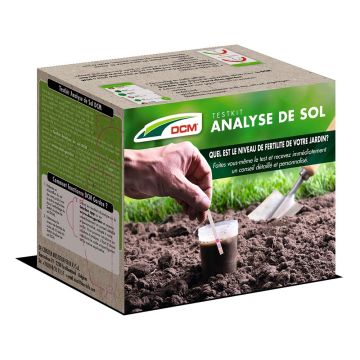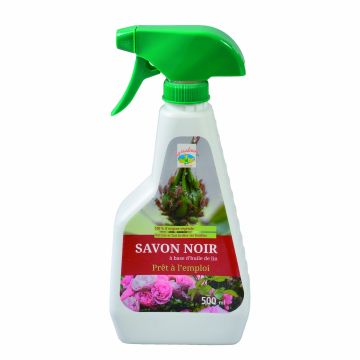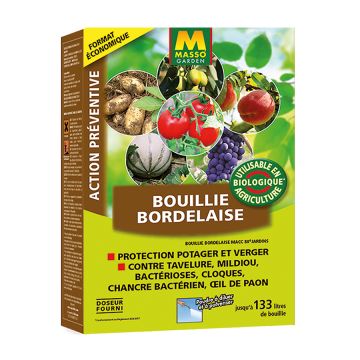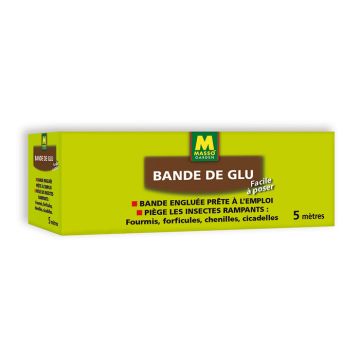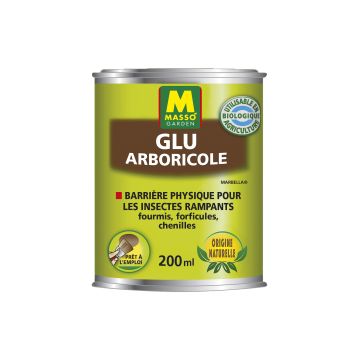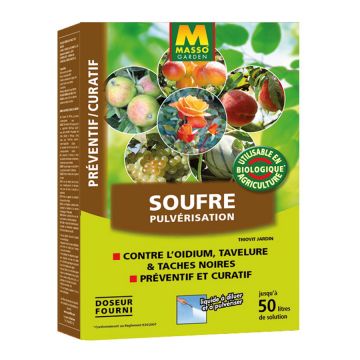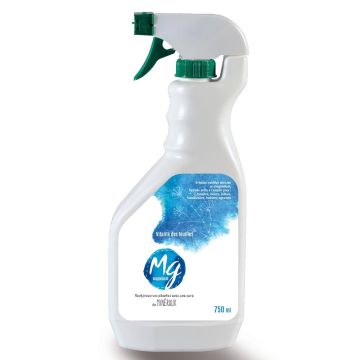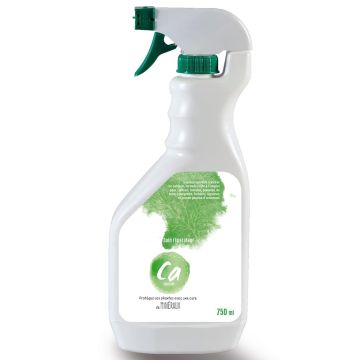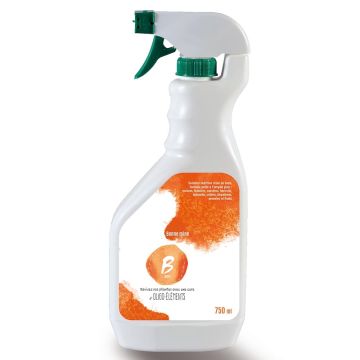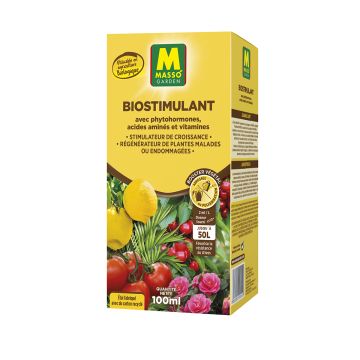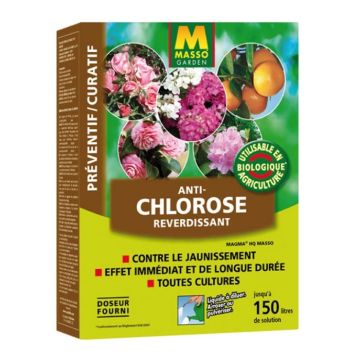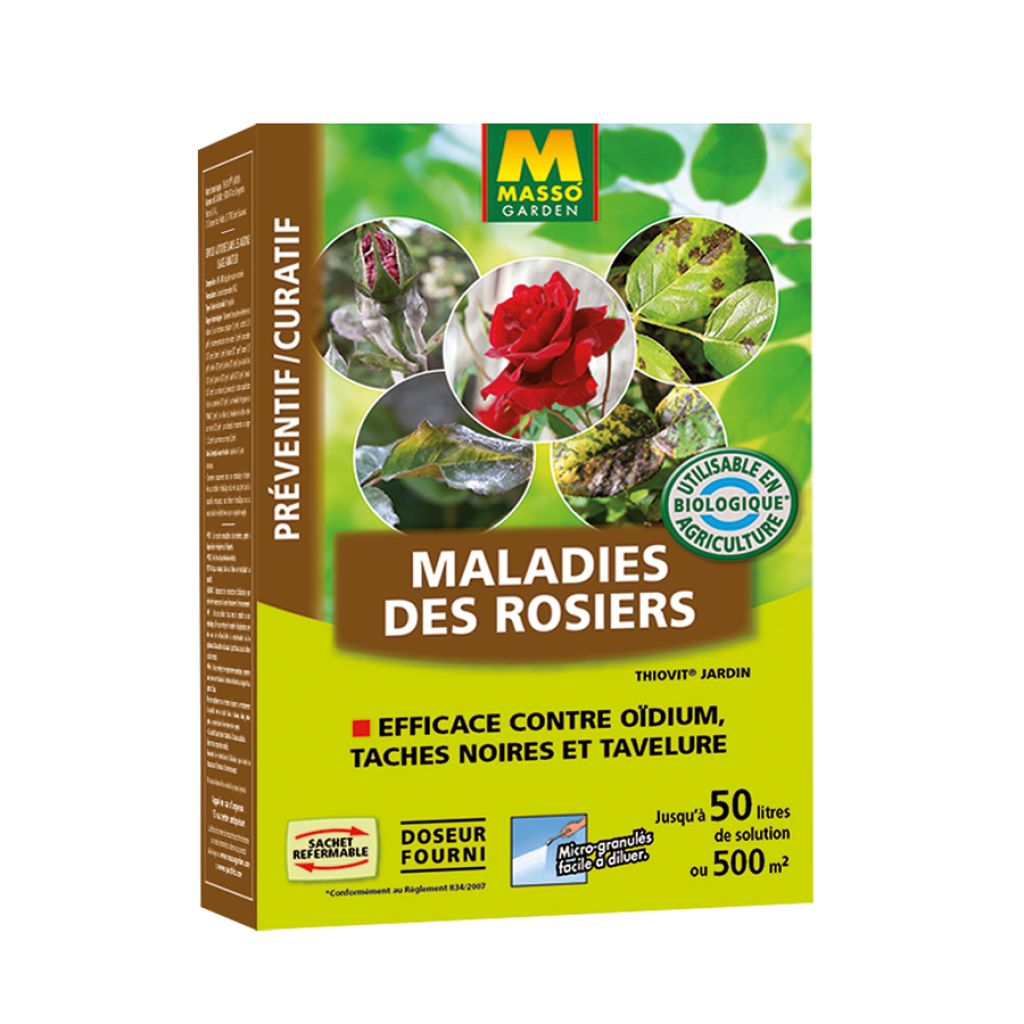

Diseases of Roses with UAB Masso Garden Sulphur
Diseases of Roses with UAB Masso Garden Sulphur
Special offer!
Receive a €20 voucher for any order over €90 (excluding delivery costs, credit notes, and plastic-free options)!
1- Add your favorite plants to your cart.
2- Once you have reached €90, confirm your order (you can even choose the delivery date!).
3- As soon as your order is shipped, you will receive an email containing your voucher code, valid for 3 months (90 days).
Your voucher is unique and can only be used once, for any order with a minimum value of €20, excluding delivery costs.
Can be combined with other current offers, non-divisible and non-refundable.
Home or relay delivery (depending on size and destination)
Schedule delivery date,
and select date in basket
We guarantee the quality of our plants for a full growing cycle, and will replace at our expense any plant that fails to recover under normal climatic and planting conditions.

Rose Diseases from UAB Masso Garden is a care product based on micronized sulphur used for its fungicidal and disinfectant properties in the treatment of many rose diseases such as powdery mildew and Marsonia, vine diseases, scab in certain fruit trees, and various pathologies of vegetable crops. It is a traditional and natural product that acts both through contact and the vapour it emits. An essential for organic gardening.
This UAB Rose Disease treatment is composed of 80% (800 g/kg) micronized mineral sulphur THIOVIT® GARDEN A.M.M. 9500147 from Syngenta France S.A.S. Sulphur is a natural mineral. This Masso Garden treatment comes in the form of a very fine powder to be diluted in water and sprayed on vegetation using a sprayer. The mode of action of sulphur is simple: when in contact with leaves, it emits vapour under the effect of light and temperature, which penetrates inside the cells of the pathogenic fungus. Toxic to fungi, it slows down their growth and even destroys them. Sulphur acts not only preventively but also proves capable of treating or stopping certain already declared pathologies. The duration of sulphur's action is about one week, renew applications as needed. Its anti-fungal properties are maximal at temperatures between 23 and 25°C; beyond that, it can become toxic to plants and cause leaf burns. In summer, if the day is expected to be very hot, preferably treat in the early morning or evening, but before sunset. Sulphur is considered slightly harmful to humans, animals, and bees.
Sulphur is effective against:
- powdery mildew (roses, vegetables): preventively and curatively;
- black spot (roses): preventively and curatively;
- scab (apple and pear trees): preventively and curatively;
- gall mites (galls caused by a small mite in lime, maple, and vine, for example): curatively;
- red spider mites (conifers);
- bugs, ants: as a repellent;
- vine diseases and pests: powdery mildew, excoriosis, gall mites.
Usage: treat facing away from the wind, in good weather. Repeat application in case of heavy rain. At high doses, by spreading, sulphur acidifies the soil, which can be beneficial in excessively chalky soils.
Main application doses:
7.5g per 1L of water, for 10m²
Harvest interval: 5 days.
Warnings, precautions: in the context of integrated pest management, excessive use of sulphur can be harmful to certain beneficial insects. Fruits and vegetables intended for consumption or canning must be free of sulphur traces. Do not ingest. Avoid inhaling sulfur dust and particles, as they can cause respiratory irritation. Like any product, keep sulphur flower out of reach of children.
Product usable in organic farming in accordance with EC regulations 834/2007 and 889/2008
Uses and advantages
Technical features
Tips
Tips
Other Traditional remedies
View all →This item has not been reviewed yet - be the first to leave a review about it.
Similar products
Haven't found what you were looking for?
Hardiness is the lowest winter temperature a plant can endure without suffering serious damage or even dying. However, hardiness is affected by location (a sheltered area, such as a patio), protection (winter cover) and soil type (hardiness is improved by well-drained soil).

Photo Sharing Terms & Conditions
In order to encourage gardeners to interact and share their experiences, Promesse de fleurs offers various media enabling content to be uploaded onto its Site - in particular via the ‘Photo sharing’ module.
The User agrees to refrain from:
- Posting any content that is illegal, prejudicial, insulting, racist, inciteful to hatred, revisionist, contrary to public decency, that infringes on privacy or on the privacy rights of third parties, in particular the publicity rights of persons and goods, intellectual property rights, or the right to privacy.
- Submitting content on behalf of a third party;
- Impersonate the identity of a third party and/or publish any personal information about a third party;
In general, the User undertakes to refrain from any unethical behaviour.
All Content (in particular text, comments, files, images, photos, videos, creative works, etc.), which may be subject to property or intellectual property rights, image or other private rights, shall remain the property of the User, subject to the limited rights granted by the terms of the licence granted by Promesse de fleurs as stated below. Users are at liberty to publish or not to publish such Content on the Site, notably via the ‘Photo Sharing’ facility, and accept that this Content shall be made public and freely accessible, notably on the Internet.
Users further acknowledge, undertake to have ,and guarantee that they hold all necessary rights and permissions to publish such material on the Site, in particular with regard to the legislation in force pertaining to any privacy, property, intellectual property, image, or contractual rights, or rights of any other nature. By publishing such Content on the Site, Users acknowledge accepting full liability as publishers of the Content within the meaning of the law, and grant Promesse de fleurs, free of charge, an inclusive, worldwide licence for the said Content for the entire duration of its publication, including all reproduction, representation, up/downloading, displaying, performing, transmission, and storage rights.
Users also grant permission for their name to be linked to the Content and accept that this link may not always be made available.
By engaging in posting material, Users consent to their Content becoming automatically accessible on the Internet, in particular on other sites and/or blogs and/or web pages of the Promesse de fleurs site, including in particular social pages and the Promesse de fleurs catalogue.
Users may secure the removal of entrusted content free of charge by issuing a simple request via our contact form.
The flowering period indicated on our website applies to countries and regions located in USDA zone 8 (France, the United Kingdom, Ireland, the Netherlands, etc.)
It will vary according to where you live:
- In zones 9 to 10 (Italy, Spain, Greece, etc.), flowering will occur about 2 to 4 weeks earlier.
- In zones 6 to 7 (Germany, Poland, Slovenia, and lower mountainous regions), flowering will be delayed by 2 to 3 weeks.
- In zone 5 (Central Europe, Scandinavia), blooming will be delayed by 3 to 5 weeks.
In temperate climates, pruning of spring-flowering shrubs (forsythia, spireas, etc.) should be done just after flowering.
Pruning of summer-flowering shrubs (Indian Lilac, Perovskia, etc.) can be done in winter or spring.
In cold regions as well as with frost-sensitive plants, avoid pruning too early when severe frosts may still occur.
The planting period indicated on our website applies to countries and regions located in USDA zone 8 (France, United Kingdom, Ireland, Netherlands).
It will vary according to where you live:
- In Mediterranean zones (Marseille, Madrid, Milan, etc.), autumn and winter are the best planting periods.
- In continental zones (Strasbourg, Munich, Vienna, etc.), delay planting by 2 to 3 weeks in spring and bring it forward by 2 to 4 weeks in autumn.
- In mountainous regions (the Alps, Pyrenees, Carpathians, etc.), it is best to plant in late spring (May-June) or late summer (August-September).
The harvesting period indicated on our website applies to countries and regions in USDA zone 8 (France, England, Ireland, the Netherlands).
In colder areas (Scandinavia, Poland, Austria...) fruit and vegetable harvests are likely to be delayed by 3-4 weeks.
In warmer areas (Italy, Spain, Greece, etc.), harvesting will probably take place earlier, depending on weather conditions.
The sowing periods indicated on our website apply to countries and regions within USDA Zone 8 (France, UK, Ireland, Netherlands).
In colder areas (Scandinavia, Poland, Austria...), delay any outdoor sowing by 3-4 weeks, or sow under glass.
In warmer climes (Italy, Spain, Greece, etc.), bring outdoor sowing forward by a few weeks.






























